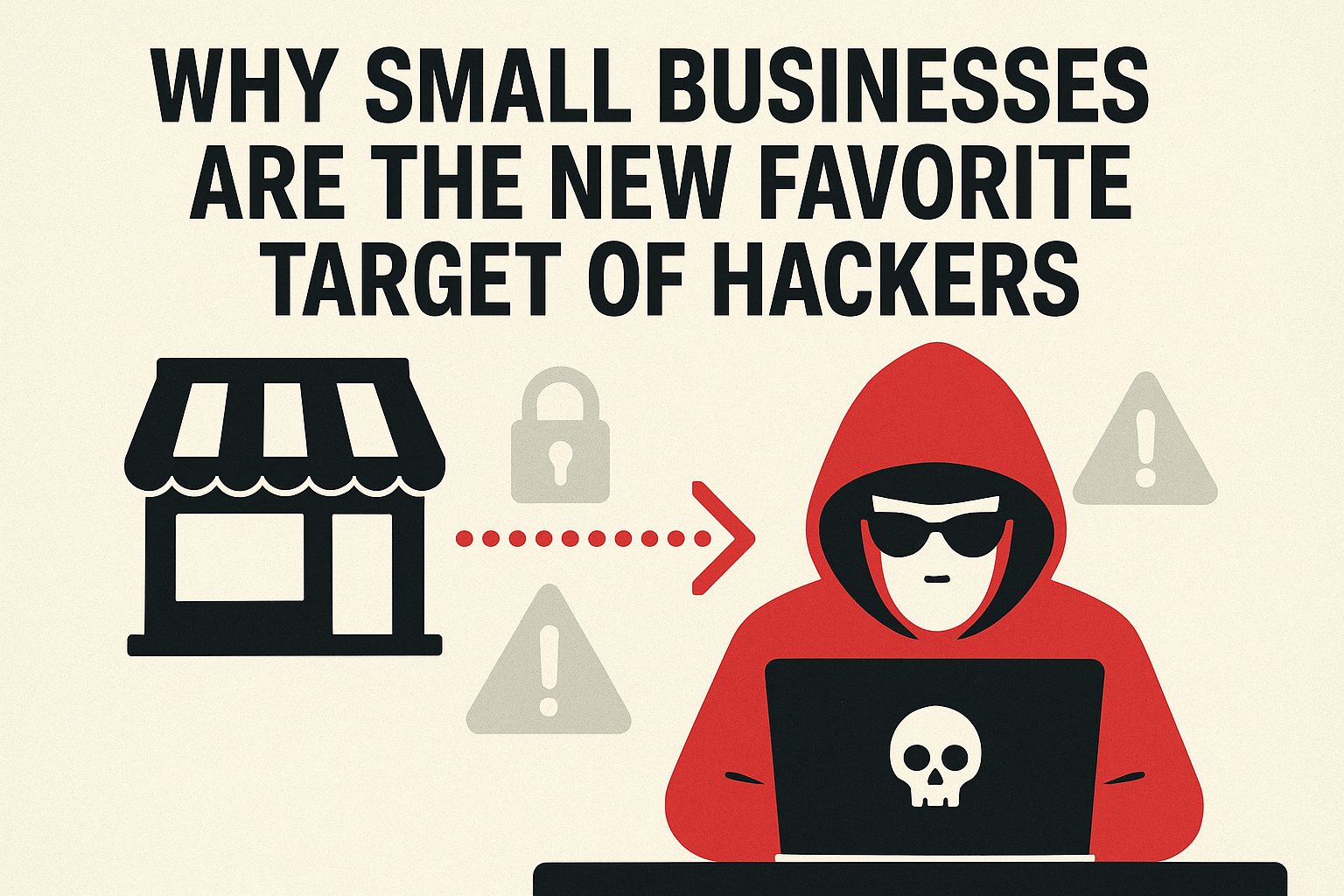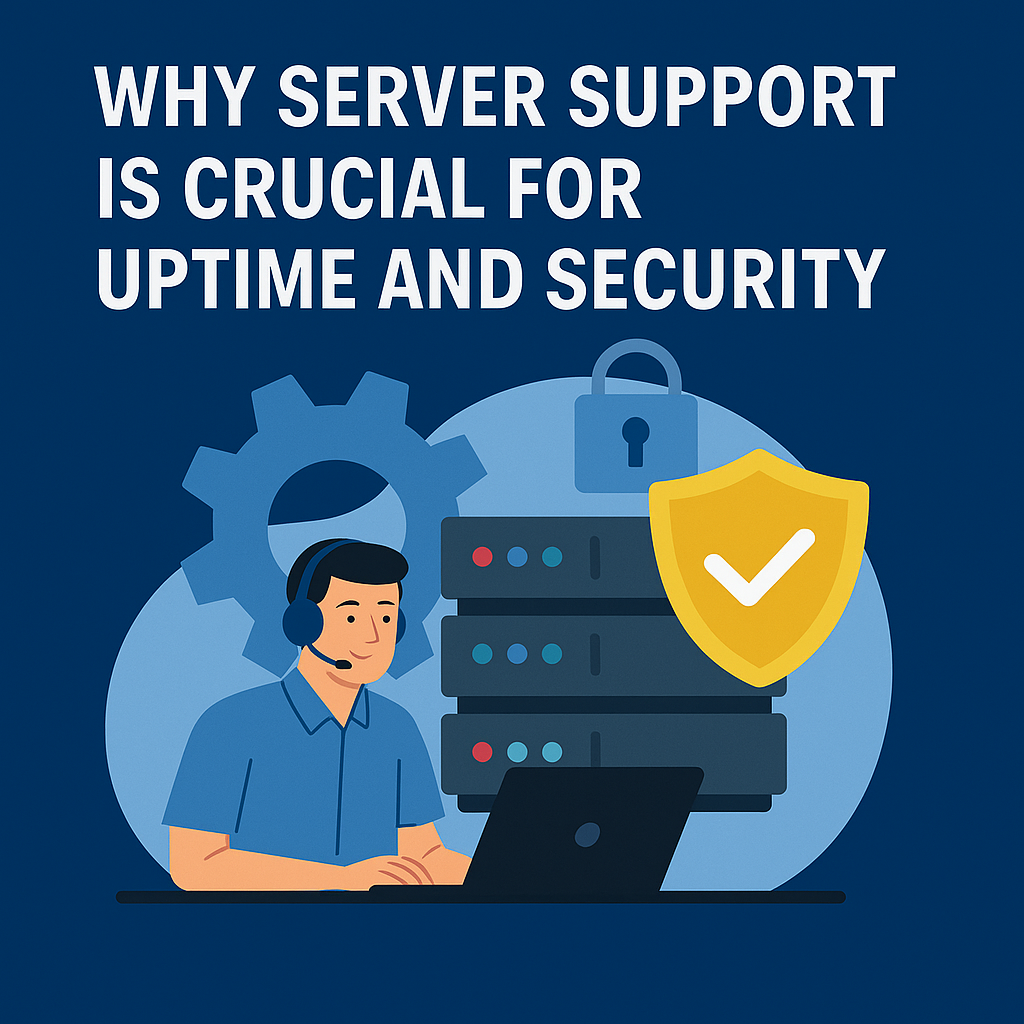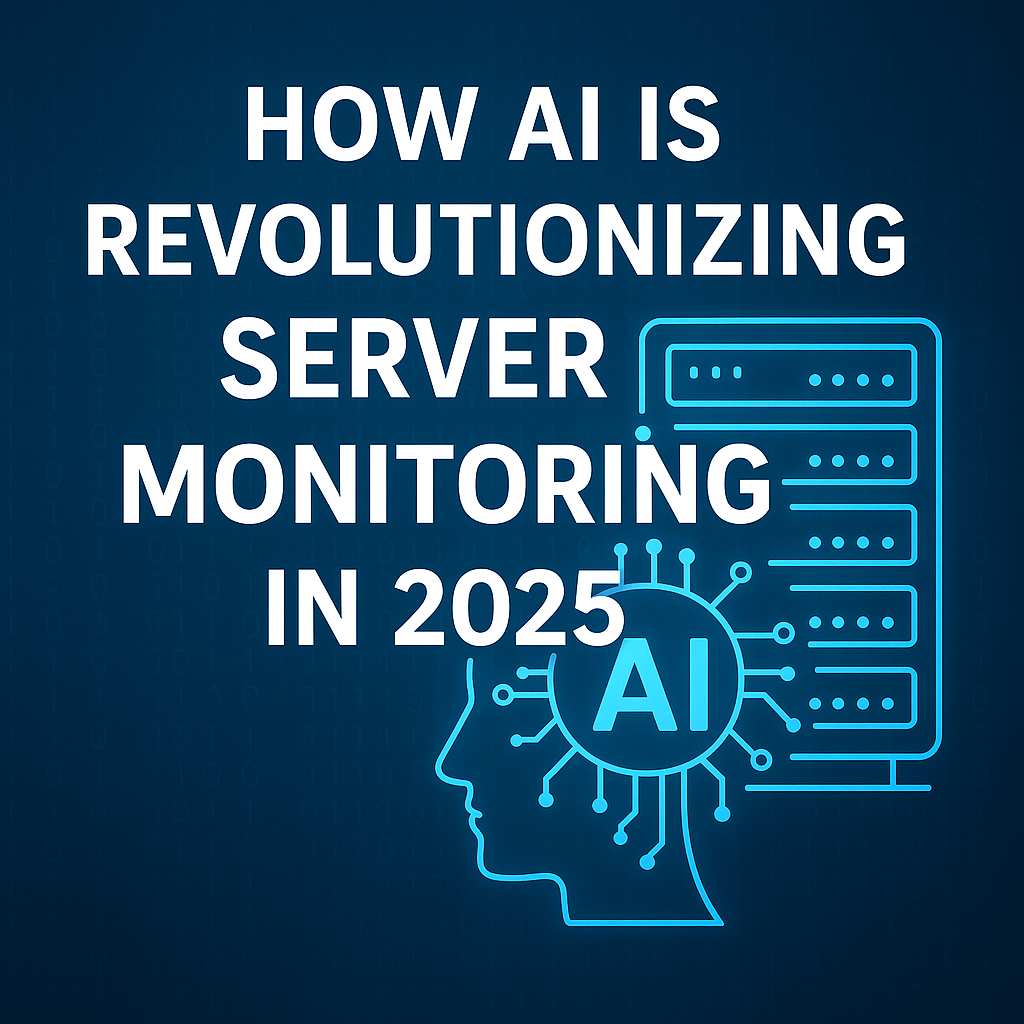Why Small Businesses Are the New Favorite Target of Hackers

Small businesses have become the primary hunting ground for cybercriminals in today’s digital landscape. This shift represents a fundamental change in how hackers operate, moving away from exclusively targeting large corporations to focusing on smaller, more vulnerable enterprises.
The Alarming Reality of Small Business Cybersecurity
The statistics paint a concerning picture. Small businesses now account for nearly 60% of all cyberattacks, with many experiencing their first breach within months of opening their doors. This trend has accelerated dramatically as more small enterprises embrace digital transformation without implementing adequate security measures.
The financial impact proves devastating for these smaller organizations. While large corporations might absorb a cybersecurity incident as a cost of doing business, small businesses often struggle to recover from even minor breaches. The average cost of a data breach for small businesses ranges from $25,000 to $50,000, an amount that can force many to close permanently.
Understanding the Vulnerability Gap
Small businesses operate in a unique position that makes them particularly attractive to cybercriminals. They possess valuable data and financial resources while lacking the robust security infrastructure that protects larger organizations. This creates what security experts call the “vulnerability gap” – a sweet spot where potential rewards meet minimal resistance.
The digitization of business operations has expanded the attack surface for small enterprises. Cloud storage, online payment systems, customer databases, and remote work tools create multiple entry points for malicious actors. Each digital touchpoint represents a potential pathway into the business network.
Primary Reasons Hackers Target Small Businesses
Limited Security Infrastructure
Most small businesses operate with minimal cybersecurity budgets, often relying on basic antivirus software as their primary defense. They lack dedicated IT security teams, advanced threat detection systems, and comprehensive security protocols that larger organizations maintain. This creates an environment where attacks can succeed with relatively simple methods.
Valuable Data Assets
Small businesses collect and store significant amounts of valuable information, including customer personal data, financial records, payment card information, and proprietary business intelligence. This data holds substantial value on the dark web, making small businesses attractive targets despite their size.
Lack of Security Awareness
Many small business owners focus primarily on day-to-day operations, growth, and customer service, often viewing cybersecurity as a secondary concern. This limited awareness translates into poor security practices, infrequent software updates, and inadequate employee training on security protocols.
Easier Access Points
Small businesses typically have fewer security layers protecting their systems. They may use consumer-grade equipment, maintain default passwords, or skip security updates to avoid operational disruptions. These practices create multiple vulnerabilities that hackers can exploit with minimal effort.
Gateway to Larger Targets
Cybercriminals often use small businesses as stepping stones to reach larger organizations. Through supply chain attacks, hackers can compromise a small vendor or partner to gain access to bigger corporate networks, making small businesses valuable for their connections rather than just their direct assets.
Common Attack Methods Against Small Businesses
Phishing and Social Engineering
Phishing remains the most common attack vector against small businesses. Hackers craft convincing emails that appear to come from legitimate sources, tricking employees into revealing passwords, clicking malicious links, or downloading infected attachments. These attacks succeed because they exploit human psychology rather than technical vulnerabilities.
Ransomware Attacks
Ransomware has become increasingly popular among cybercriminals targeting small businesses. These attacks encrypt business data and demand payment for decryption keys. Small businesses often pay ransoms quickly to resume operations, making them profitable targets for these schemes.
Business Email Compromise
This sophisticated attack involves hackers gaining access to business email accounts to conduct fraudulent transactions. They may impersonate executives to authorize wire transfers or manipulate vendor payments, causing significant financial losses.
Unsecured Remote Access
The rise of remote work has created new vulnerabilities for small businesses. Employees accessing company systems from personal devices or unsecured networks provide entry points for cybercriminals to infiltrate business networks.
Industry-Specific Vulnerabilities
Healthcare and Professional Services
Small medical practices, dental offices, and professional service firms handle sensitive personal information protected by strict privacy regulations. The combination of valuable data and often outdated security practices makes these businesses prime targets.
Retail and E-commerce
Small retailers processing credit card transactions and maintaining customer databases face constant threats from cybercriminals seeking payment information. Point-of-sale systems and e-commerce platforms often lack adequate security protections.
Financial Services
Small financial advisory firms, accounting practices, and insurance agencies possess highly sensitive financial data that commands premium prices on illegal markets. Their access to client financial accounts makes them particularly attractive targets.
The Cost of Cybersecurity Incidents
Direct Financial Losses
Small businesses face immediate costs from cybersecurity incidents including ransom payments, system recovery expenses, legal fees, and regulatory fines. These direct costs can quickly escalate beyond the business’s ability to pay.
Operational Disruption
Cyberattacks often force small businesses to halt operations while recovering systems and data. This downtime translates to lost revenue, missed opportunities, and potential customer defection to competitors.
Reputation Damage
Small businesses rely heavily on customer trust and community reputation. A publicized data breach can permanently damage relationships with customers, suppliers, and partners, leading to long-term business decline.
Legal and Regulatory Consequences
Data breaches trigger legal obligations including customer notification requirements, regulatory reporting, and potential lawsuits. Small businesses often lack the legal resources to navigate these complex requirements effectively.
Building Effective Cybersecurity Defenses
Essential Security Measures
Small businesses should implement multi-layered security approaches including firewalls, antivirus software, email security, and regular software updates. These foundational elements provide basic protection against common threats.
Employee Education and Training
Regular cybersecurity training helps employees recognize and respond appropriately to potential threats. This human element often represents the strongest defense against social engineering attacks.
Data Backup and Recovery
Comprehensive backup strategies ensure business continuity even if systems become compromised. Regular testing of backup systems confirms their effectiveness when needed most.
Incident Response Planning
Developing clear procedures for responding to security incidents helps minimize damage and accelerate recovery. This planning should include communication protocols, system isolation procedures, and recovery priorities.
Modern Server Infrastructure and Security Challenges
Server Management Vulnerabilities
Small businesses increasingly rely on complex server infrastructures that require specialized expertise. Professional server support has become essential as organizations struggle with common server issues including hardware failures, software conflicts, and performance bottlenecks. Without proper oversight, these vulnerabilities create significant security risks.
Database and Application Security
The microsoft sql server market share 2025 continues to grow among small businesses, making database security crucial. Many organizations lack the expertise to properly secure their database systems, leaving sensitive information exposed to potential breaches.
Cloud and Virtual Infrastructure
The expanding virtual private server market size reflects the growing adoption of cloud-based infrastructure among small businesses. However, many organizations fail to properly configure and secure these virtual environments, creating new attack vectors for cybercriminals.
Communication Systems as Attack Vectors
VoIP System Vulnerabilities
Modern businesses rely heavily on Voice over Internet Protocol systems for daily operations. However, voip business continuity planning often overlooks security considerations, leaving these systems vulnerable to attacks that can disrupt both communications and data security.
Advanced Communication Security
Organizations implementing advanced business voip solutions must consider security implications alongside functionality. Hackers increasingly target communication systems as entry points into broader business networks.
Continuity Planning
Effective phone systems business continuity requires comprehensive security measures to protect against both technical failures and malicious attacks. Many small businesses overlook these critical components until after experiencing security incidents.
Emerging Technologies and Security Solutions
AI-Powered Security Monitoring
The implementation of ai server monitoring represents a significant advancement in cybersecurity for small businesses. These systems can detect unusual patterns and potential threats in real-time, providing capabilities previously available only to large enterprises.
Managed Security Services
Many small businesses now turn to outsourced server support and server management support services to address their cybersecurity needs. These services provide access to specialized expertise and advanced security tools without requiring significant internal investment.
On-Site Technical Support
Organizations requiring immediate technical assistance increasingly utilize deskside support for businesses to address security incidents and system vulnerabilities. This hands-on approach ensures rapid response to emerging threats.
Alternative Gaming Infrastructure
Interestingly, some businesses have adopted gaming infrastructure solutions like boom online private server technology for their communications and data processing needs. While these solutions offer cost advantages, they may lack the security features required for business operations.
The Future of Small Business Cybersecurity
Evolving Threat Landscape
Cybercriminals continue developing new attack methods specifically designed to exploit small business vulnerabilities. Artificial intelligence and automation allow attackers to scale their operations and target more businesses simultaneously.
Regulatory Changes
Increasing government attention to cybersecurity is leading to new regulations that will affect small businesses. These requirements may mandate specific security measures and impose penalties for non-compliance.
Technology Solutions
Emerging cybersecurity technologies designed specifically for small businesses are becoming more accessible and affordable. Cloud-based security services and managed security providers offer enterprise-level protection at small business prices.
Frequently Asked Questions
Why are small businesses more vulnerable to cyberattacks than large corporations?
Small businesses typically have limited cybersecurity budgets, lack dedicated IT security teams, and operate with minimal security infrastructure. Unlike large corporations that invest millions in cybersecurity, small businesses often rely on basic protection measures that cannot defend against sophisticated attacks. Additionally, small business owners may prioritize operational expenses over security investments, creating vulnerabilities that hackers can easily exploit.
What types of data do hackers typically steal from small businesses?
Hackers target various types of valuable data from small businesses, including customer personal information, credit card and payment data, employee records, financial statements, business bank account information, proprietary business processes, client lists, and vendor information. This data can be sold on dark web marketplaces or used for identity theft, financial fraud, or competitive intelligence.
How much does a typical cyberattack cost a small business?
The average cost of a cyberattack on a small business ranges from $25,000 to $50,000, though costs can exceed $100,000 for severe incidents. These costs include immediate response expenses, system recovery, lost revenue from downtime, legal fees, regulatory fines, customer notification expenses, and long-term reputation damage. Many small businesses cannot survive these financial impacts and are forced to close permanently.
What are the most common ways hackers attack small businesses?
The most common attack methods include phishing emails that trick employees into revealing passwords or downloading malware, ransomware attacks that encrypt business data until payment is made, business email compromise where hackers impersonate executives to authorize fraudulent transactions, and exploiting unsecured remote access points created by employees working from home or using personal devices for business purposes.
How can small businesses protect themselves from cyberattacks?
Small businesses can implement several protective measures including installing comprehensive antivirus and firewall software, conducting regular employee cybersecurity training, maintaining updated software and operating systems, implementing strong password policies and multi-factor authentication, creating regular data backups, developing incident response plans, and considering cyber insurance policies. Working with managed security service providers can also provide enterprise-level protection at affordable costs.
Should small businesses pay ransom demands if attacked?
Security experts strongly advise against paying ransom demands. Payment does not guarantee data recovery, encourages continued criminal activity, and may violate legal regulations in some jurisdictions. Instead, businesses should focus on prevention through regular backups, incident response planning, and working with law enforcement and cybersecurity professionals to recover systems and data through legitimate means.
What industries are most targeted by cybercriminals?
Healthcare practices, professional services firms, retail businesses, financial services, and manufacturing companies face the highest risk of cyberattacks. These industries handle sensitive personal information, financial data, or valuable intellectual property that commands high prices on illegal markets. However, no industry is immune to cyber threats, and all small businesses should implement appropriate security measures.
How often should small businesses update their cybersecurity measures?
Small businesses should review and update their cybersecurity measures continuously, with formal assessments conducted at least quarterly. Software updates should be applied immediately when available, security training should occur monthly, and backup systems should be tested regularly. The cybersecurity landscape evolves rapidly, requiring ongoing attention and adaptation to new threats and protection technologies.




No comment